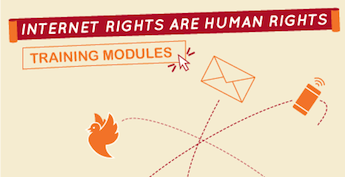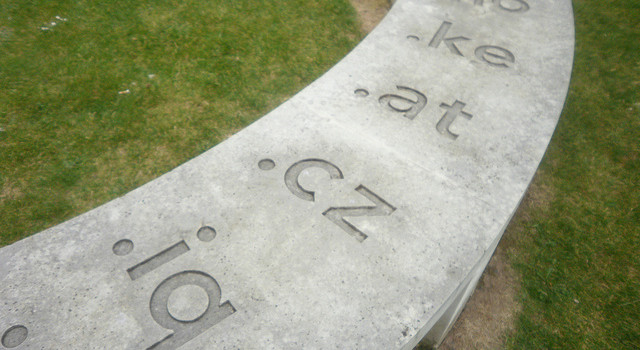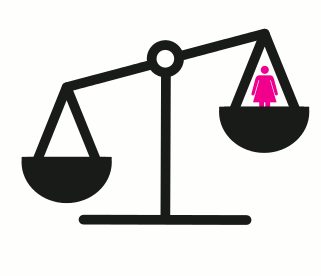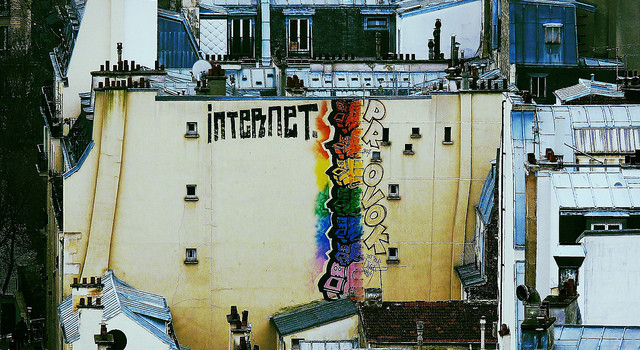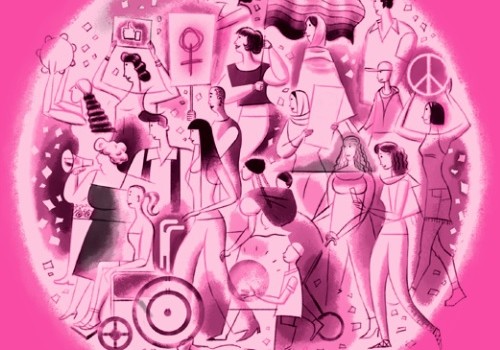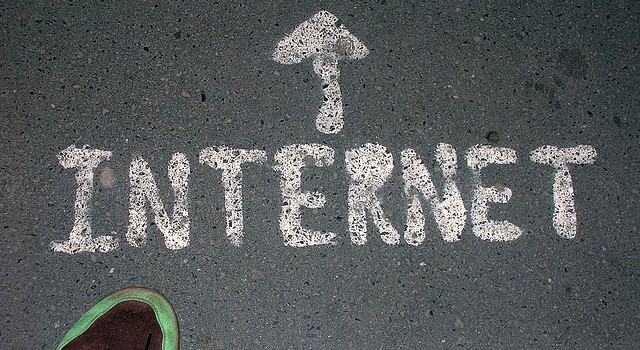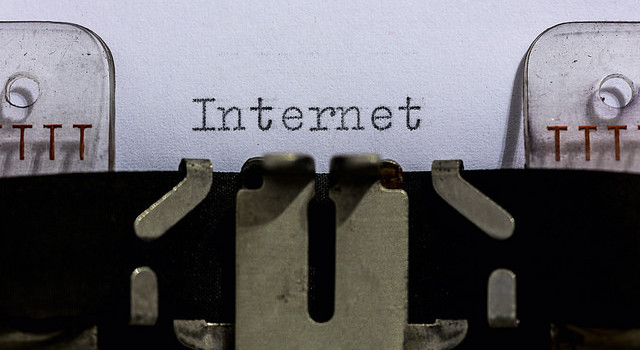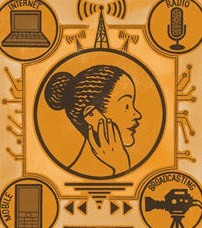The Internet rights are human rights is a series of training modules concerned with the relationship between human rights, ICTs and the internet. These modules are intended to help those who work on human rights and/or ICTs, and others with
Freedom of association and freedom of assembly: Internet rights are human rights
